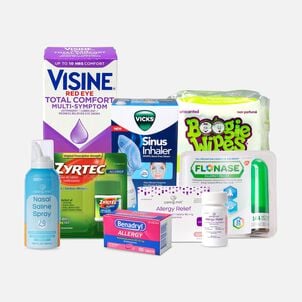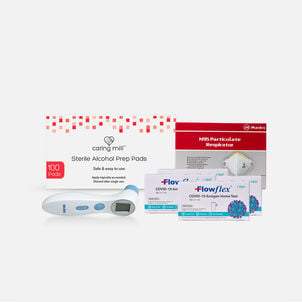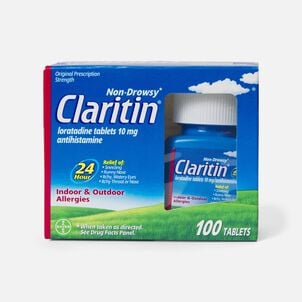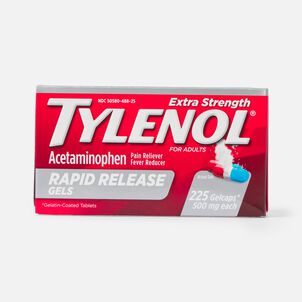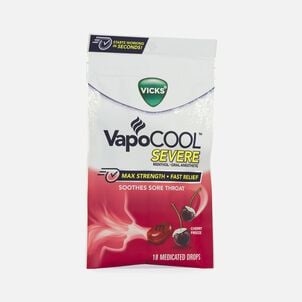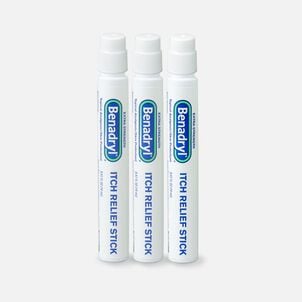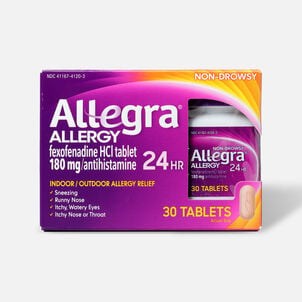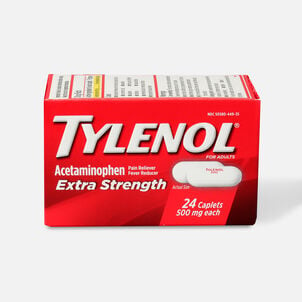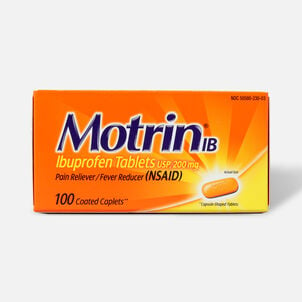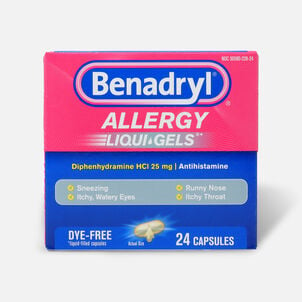Cold or Flu?
There seems to be a blurred line between the common cold and the flu, but it's important to know the difference. Similar symptoms tend to be more severe along with other negative effects when you have the flu. A cold is a milder respiratory illness that can make you feel bad for a few days, while the flu can make you feel quite ill for a few days to weeks. The flu can also yield more serious health problems down the road such as pneumonia and hospitalizations.
How to treat a Cold
You're contagious the first two or three days of your cold, so make sure to stay home and rest up. Drink plenty of fluids to stay hydrated as your immune system uses up a lot of water to battle cold symptoms.
Since colds are caused by a viral infection, antibiotics will not help in treating your cold. Over-the-counter medications are eligible expenses with your Flexible Spending Account. For example, anti-histamines, decongestants, and acetaminophen can help relieve congestion, aches, and other cold symptoms.
Some people also take supplements like zinc, vitamin C, or echinacea but studies haven't confirmed whether these remedies help speed up the recovery process or alleviate symptoms. Colds usually clear up within a few days, but see a doctor if your cold hasn't improved in about a week or if you develop persistent fevers. Potential reasons could be that you have allergies, a bacterial infection, asthma, or bronchitis.
Is your little one sick at home? You can shop for specific products for kids, whether it's thermometers, nasal aspirators or even hot/cold therapy stuffed animals.
Shop for Cold Products
Symptom Comparison
| Cold Symptoms: | Flu Symptoms: |
| Runny or stuffy nose | Runny or stuffy nose |
| Sore throat | Sore throat |
| Mild to moderate fever | Moderate to high fever (not everyone will run a fever) |
| Cough | Dry, hacking cough |
| Headaches | Headaches |
| Body aches | Severe muscle or body aches |
| Mild tiredness | Profound fatigue (may last up to two weeks) |
| Sneezing | Shaking chills |
How to Treat the Flu
The flu is another upper respiratory illness that can develop into a more serious condition such as pneumonia. Young children, older adults, pregnant women, and people with immunocompromising health conditions such as asthma, heart disease or diabetes are especially vulnerable.
Unlike colds, which can hit at any time of year, flu season typically runs from fall to spring with a peak during the winter months. You can catch the flu the same way you catch a cold - by coming into contact with an infected person.
The active strains of the flu virus vary from year to year which is why a new flu vaccine is formulated and released each year. Getting flu shots is an eligible expense with your Flexible Spending Account.
Just as with a cold, fluids and rest are the best way to treat the flu. Decongestants and pain relievers you can purchase with an FSA can control your symptoms. In addition, you might be prescribed antiviral drugs such as oseltamivir (Tamiflu), zanamivir (Relenza), or peramivir (Rapivab) to treat the flu. These FSA eligible medicines will shorten the duration of the flu and prevent an onset of pneumonia. However, they must be taken within the first 48 hours of getting sick to have a positive impact.
Learn more via http://www.healthline.com/health/cold-flu/cold-or-flu#SeekHelp9


